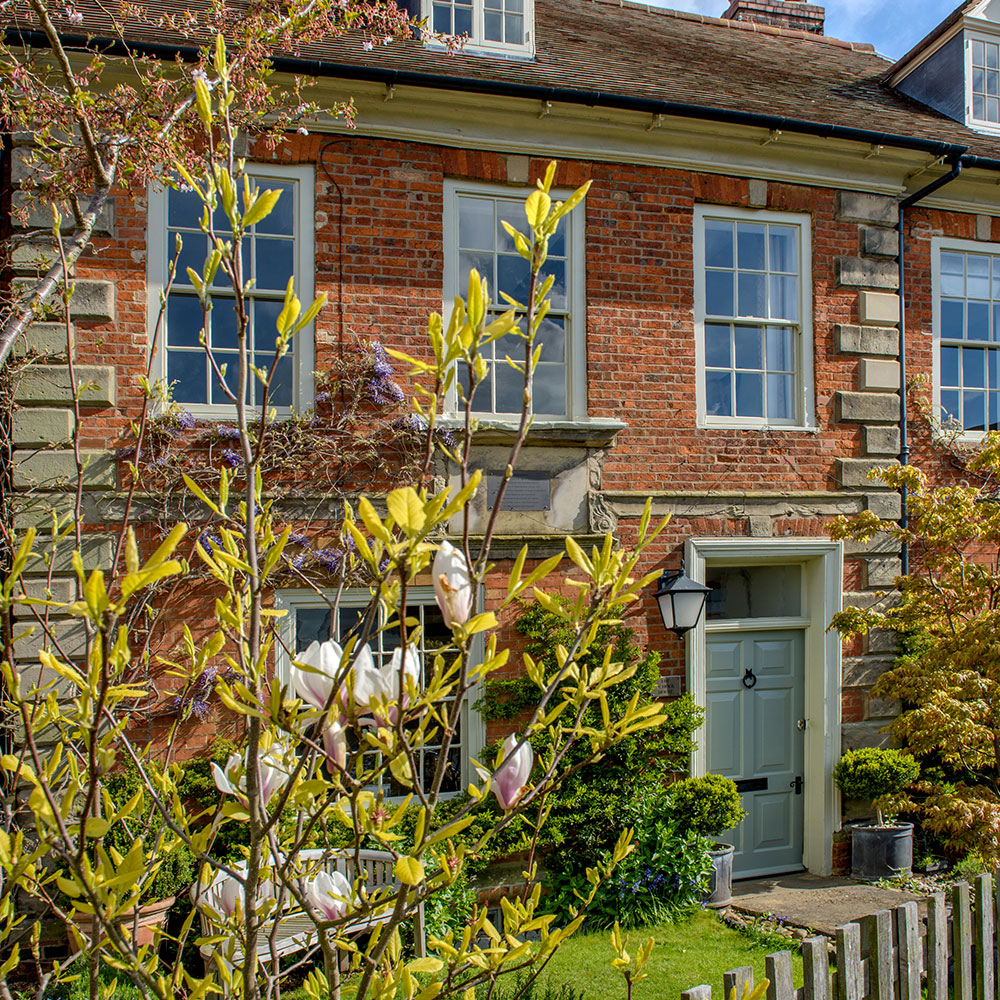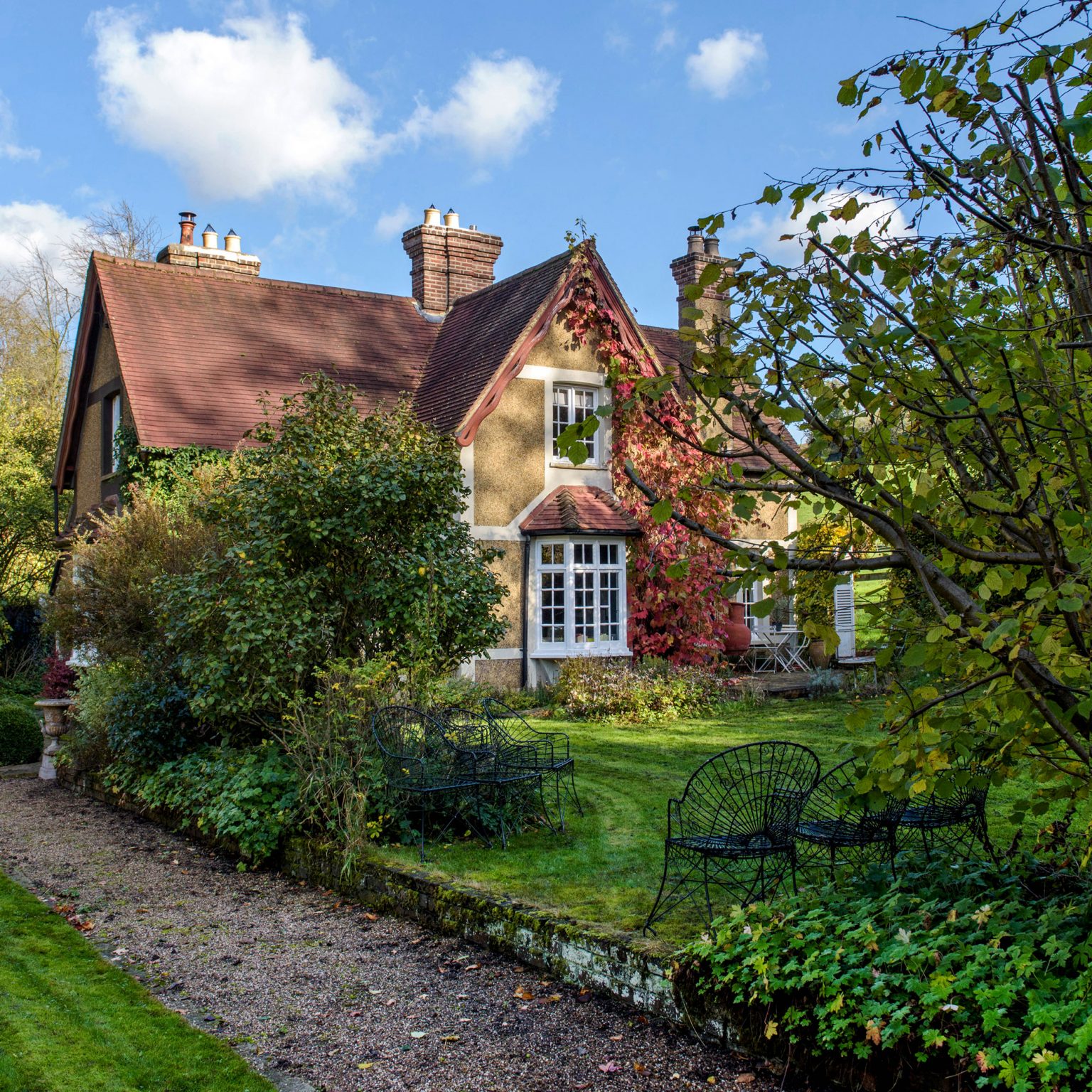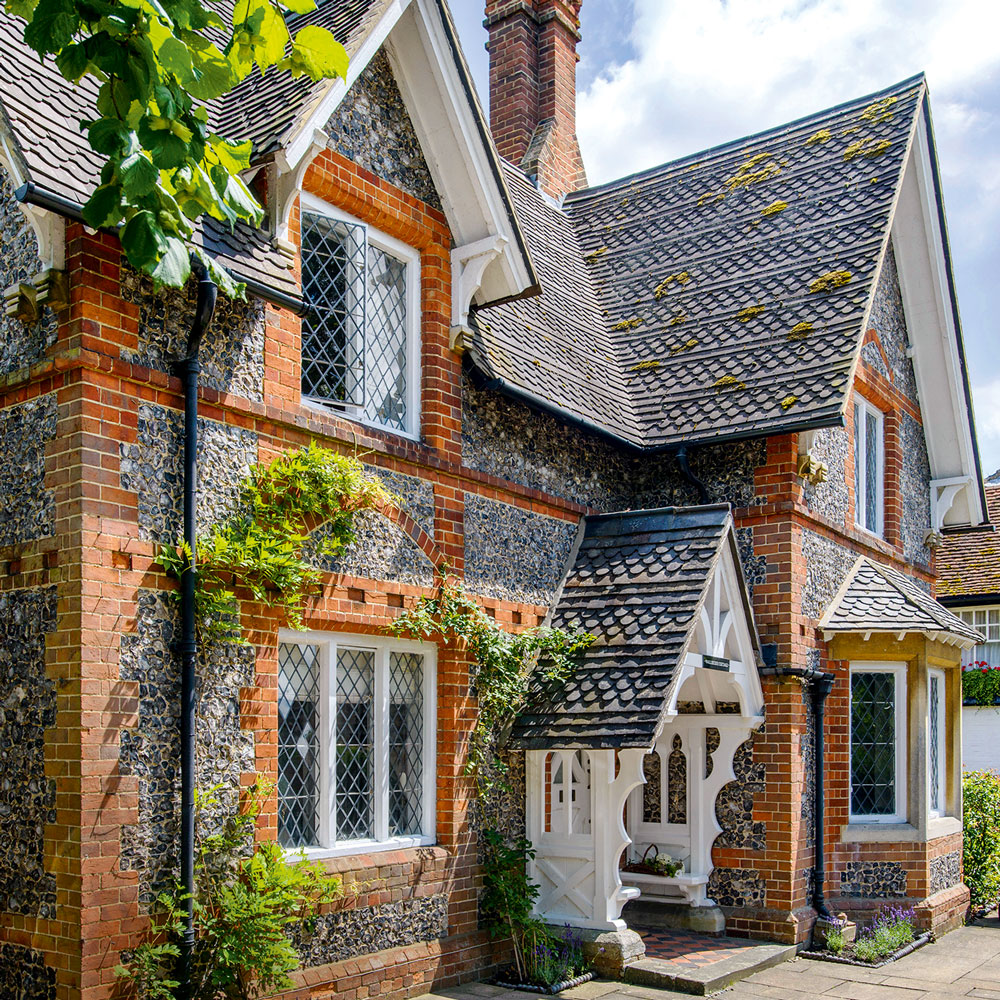Energy Performance Certificates for listed buildings – what are the exemptions?
Did you know that listed buildings are not necessarily exempt from EPCs? For owners, exemption status is crucial

Sign up to our newsletter for style inspiration, real homes, project and garden advice and shopping know-how
You are now subscribed
Your newsletter sign-up was successful
Do you know the guidelines around Energy Performance Certificates for listed buildings? There are 4,000 listed buildings in the UK. Most were built before 1900, so they are unlikely to be very energy efficient. But since EPCs were introduced, the general understanding is that listed buildings are exempt.
However, recently the government has been driving an agenda for increased energy efficiency of homes as a step to fight climate change. One of the key initiatives was Minimum Energy Efficiency Standards (MEES), introduced in 2018, which focuses on the private rental sector.
One of the main areas of confusion is around how EPC ratings legislation can be applied to listed buildings and properties in conservation areas. Confusion that we are hoping to clear up for you right here.
What is an EPC?
An Energy Performance Certificate (EPC) is a document that highlights the energy efficiency of the property. It uses a system with A being the most efficient rating and G being the least efficient rating. Buildings being constructed, bought, or sold require a valid EPC. However, there are some exceptions, such as listed buildings.
Nicholas Gray, Sales & Marketing Director at Native Land, says: 'Some properties are naturally much more energy-efficient than others. New homes, for example, are designed to much higher energy standards than in the past – so getting the EPC rating of a period property up to the same standard will be much more difficult and expensive.'

Does a listed building require an EPC?
In the past, listed buildings have been exempt from the government's requirements to have an Energy Performance Certificate (EPC) if the property is being let or sold.
Minimum Energy Efficiency Standards (MEES) were introduced in 2018 and now require any property that is being let to have an EPC rating of E or above.
Sign up to our newsletter for style inspiration, real homes, project and garden advice and shopping know-how
The Ministry of Housing, Communities & Local Government updated their guidance on this issue stating that listed buildings are exempt from the requirement 'insofar as compliance with certain minimum energy performance requirements would unacceptably alter their character or appearance'.
Are homes in Conservation Areas exempt from having an EPC?
When it comes to EPCs, buildings in Conservation Areas have the same exemption rules as listed buildings. It is worth noting that Conservation Areas have different levels of planning controls, depending on whether they are affected by special controls. Known as Article 4 Directions, these controls may restrict work you can normally do without planning permission.
To find out if Article 4 applies to your property, contact your local planning authority.

What other properties are exempt from having an EPC?
Other properties that are exempt from having an EPC, include:
- Residential buildings intended to be used less than four months a year
- Holiday accommodation rented out for less than four months per year
- Some buildings that are due to be demolished
- Industrial sites, workshops, and non-residential agricultural buildings that do not use a lot of energy
- Places of worship
- Temporary buildings that will be used for less than two years
- Standalone buildings with less than 50 square metres of floor space
What does an EPC exemption actually mean?
These regulations state that a landlord of a listed building will be exempt from this requirement if the minimum energy performance requirements would ‘unacceptably alter’ the building.
Landlords facing this challenge can apply for an EPC exemption under some specific requirements of the regulations. If approved, the exemption is valid for five years.
There is a challenge in balancing the energy efficiency with the duty to preserve listed buildings. If there is no exemption and an EPC is not made available to a prospective tenant, then landlords could be fined.
However, potential landlords of listed buildings need to be careful when undertaking work on a listed building. It is a criminal offence to undertake works on a historic building without consent.

What sort of work might unacceptably alter the character of a building?
Properties can be improved in many ways and some will have minimal impact on the character of the property. Others will have more. Whenever you are carrying out such work, it's advisable to make your property is covered by specialist listed buildings insurance.
Adam Male, Chief Revenue Officer at online lettings agent Mashroom, explains: 'Alterations that could be deemed unacceptable and alter the character of a building can include fitting UPVC windows and doors, double glazing, external wall insulation and major changes to the guttering and the roof.' 'Buildings that would fall under these unacceptable changes include historical and listed buildings, as well as buildings within a conservation area.'
Government guidance says you should seek advice from the local planning authority, who will be able to advise if you need consent. Historic England can also advise on making changes to listed properties.
Some companies specialise in draughtproofing and sympathetic double glazing systems.
It also varies according to where the property is located and English Heritage can offer advice. Tim Kampel, Director at Property Box Solutions, says: ‘It can be very regional. So as well as checking with your local council, we would advise getting in touch with the local experts. They will be able to tell you what you can get away with.’
Georgina is an experienced copywriter, editor, and NCTJ-accredited journalist with almost 20 years' writing experience. She currently works across multiple sectors, including energy, health, lifestyle, entertainment, tech, and education. Recently, she compiled articles for an energy trade magazine about renewables and offshore wind farms and she has a number of boiler clients through her copywriting work.